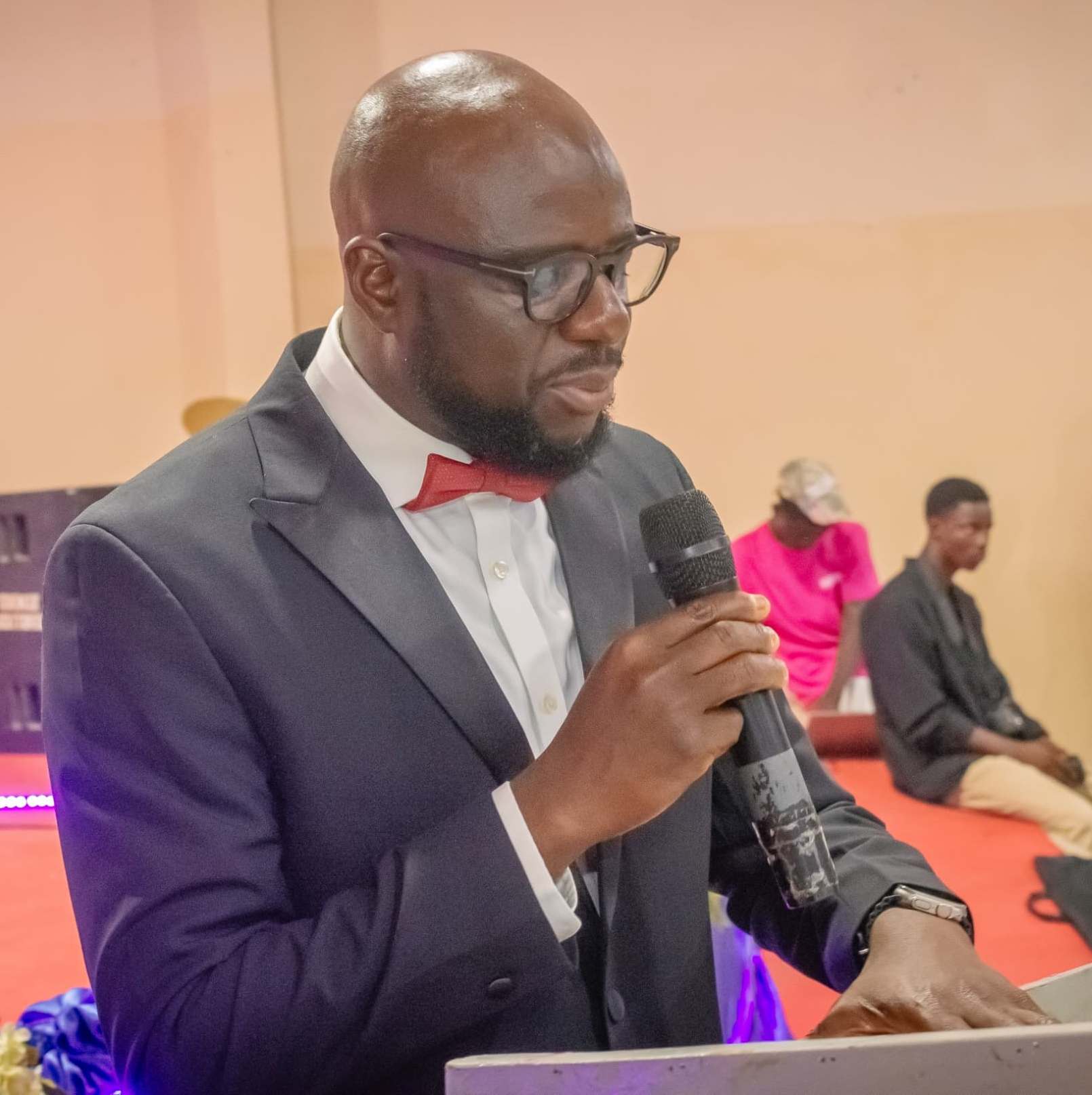Lawyer and former chief of the Sierra Leone Anti-Corruption Commission, Ady Macauley, has highlighted the crucial relationship between the rule of law, development, and democracy.
Speaking at the annual dinner hosted by the Department of Political Science and International Relations Students’ Union at the University of Makeni (UNIMAK) last Saturday, Macauley said it was impossible to imagine a functioning democracy and thriving development agenda without respect for the supremacy and centrality of the rule of law.
“Talking about democracy and development without due regard for laws, systems, and processes is like driving a nice car on very bad tyres,” he told the gathering of academics, students, and people from all walks of life at the University of Makeni conference hall.
He said the rule of law ensured that everyone was treated equally under the law, providing a stable legal framework for individuals and business. “It is through this that disputes are peacefully resolved and investment is encouraged to promote economic growth”, the lawyer said as he delivered the guest lecture. He said central to upholding the rule of law was an independent and effective judiciary.
Macauley cited examples of African and Asian judicial experiences that demonstrated good practices in upholding the rule of law in the face of executive pressure and adversity.
Recalling cases in Zambia, Kenya, and Pakistan where ruling parties and incumbents had the courts rule against them in elections related disputes, he said these were “shinning examples” of the tremendous role the judiciary could play in saving and protecting democracy. Comparing these with the Sierra Leone experience of 2023 where disputed elections were not settled in court, Macauley said lack of trust in the judiciary’s ability to deal with the matter fairly was a major barrier.
“The principles of legal predictability, fairness, equal protection and accountability are not just defining features of the rule of law; they are fundamental to sustainable, inclusive and equitable development,” he stated.
Macauley emphasized the need for a vibrant Civil Society in holding the state, as well a local level authorities and service providers, accountable for the rule of law and the provision of services to the public. “In the absence of a vibrant Civil Society that can play such a role”, he argued, it was important for citizens to come together and hold leaders to account in the interest of the rule of law.
The event, which had about 500 people in attendance, was Macauley’s first public event since rumours of his presidential ambitions started. Although he has not confirmed or denied this, sources close to the former anti-corruption chief say he will continue to stand for the rule of law as he has done in many of the cases he has worked, adding that he is consulting and weighing his options as far as running for public office is concerned.


